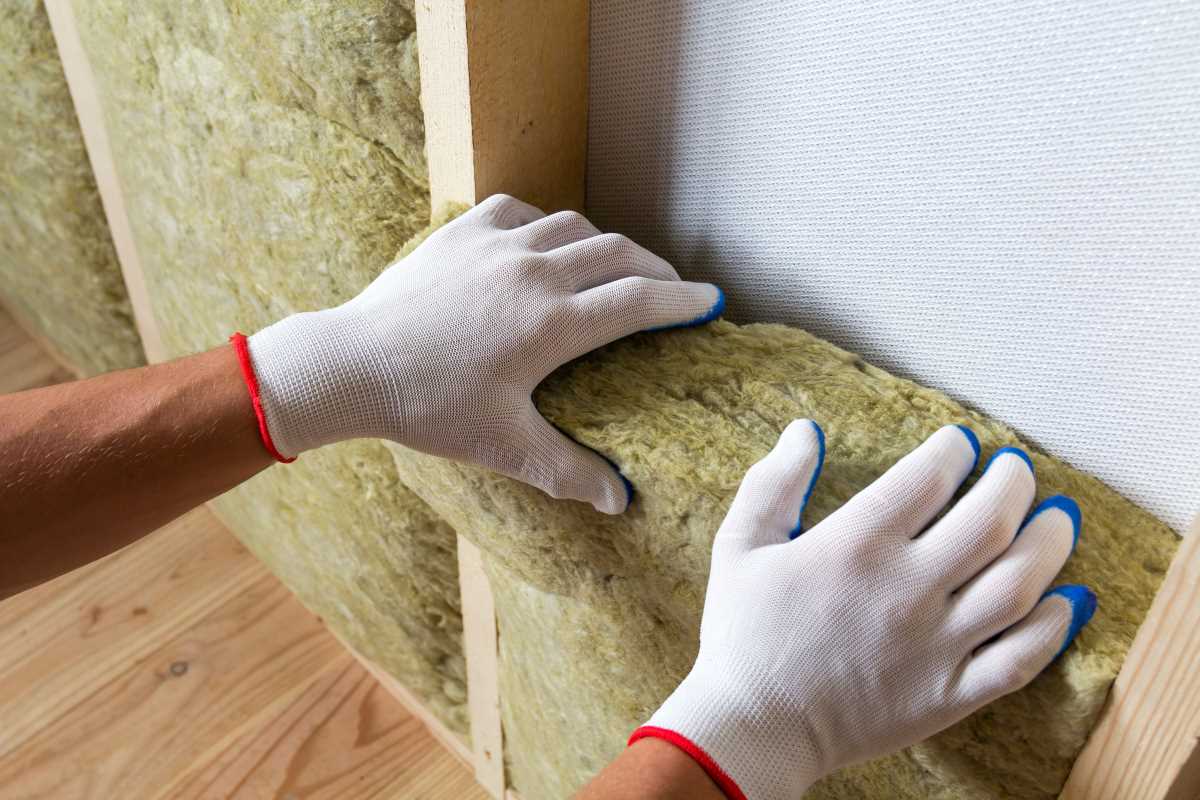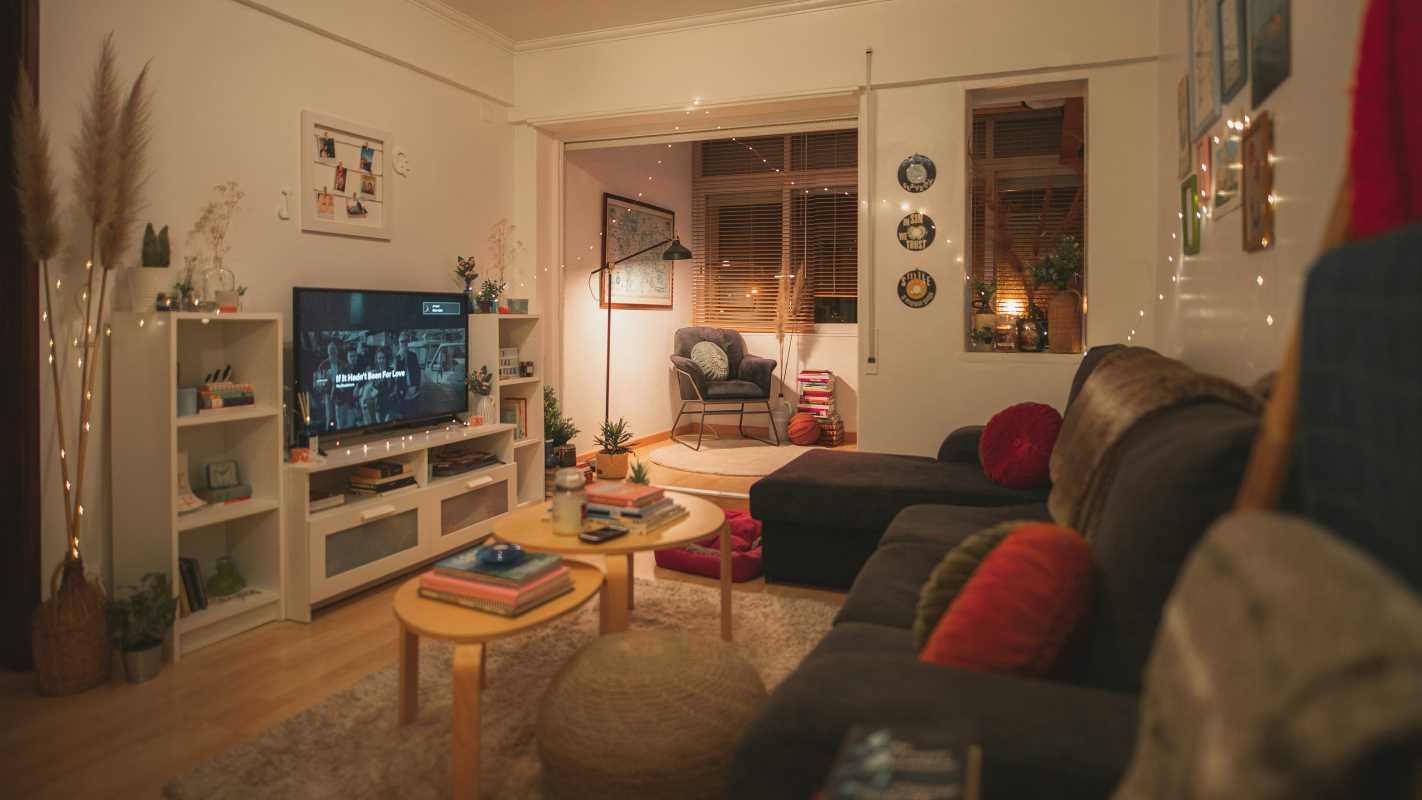When it comes to homeownership, many people are constantly on the lookout for effective ways to increase the value of their property. Renovation projects have long been a popular and reliable method to enhance both the appeal and functionality of a home. These improvements not only make your living space more comfortable and enjoyable but can also significantly boost the overall worth of your property.
From minor updates to major overhauls, there's a wide range of renovation projects that can potentially increase your home's value, catering to various budgets and preferences. This guide explores several key areas where renovations can make a significant impact on your home's value.
Kitchen Remodel: The Heart of the Home
One of the most impactful and popular ways to add value to your home is through a kitchen remodel. The kitchen is often considered the heart of the home, and a well-designed, modern kitchen can be a major selling point. Updating old appliances with newer, energy-efficient models not only improves the aesthetics but also appeals to environmentally conscious buyers. Refreshing cabinets with a new coat of paint or updated hardware can give the space a fresh, contemporary look without the need for a complete replacement.
Installing modern countertops, such as quartz or granite, can add a touch of luxury and durability. Even small changes like updating the backsplash or adding a kitchen island can make a significant difference. According to Remodeling Magazine, a minor kitchen remodel can recoup up to 80% of its cost in added home value, making it a worthwhile investment for homeowners looking to increase their property's worth.
Bathroom Upgrade: Creating a Personal Oasis
Another area that can have a big impact on your home's value is the bathroom. A bathroom renovation can transform an outdated space into a modern oasis, appealing to potential buyers and increasing your home's overall value. Upgrading fixtures such as faucets, showerheads, and lighting can give the bathroom a more upscale feel. Replacing old tiles with newer, more stylish options can completely change the look of the space. Adding storage space through vanities or built-in shelving can improve functionality, which is always attractive to buyers.
For those with a larger budget, installing a new bathtub or a luxurious walk-in shower can create a spa-like atmosphere that many homebuyers desire. Zillow reports that homes with renovated bathrooms tend to sell for higher prices compared to those with outdated ones, highlighting the importance of this particular renovation.
Curb Appeal Enhancements: Making a Strong First Impression
While interior renovations are crucial, the exterior of your home shouldn't be neglected. Enhancing your home's curb appeal can make a dramatic difference in its overall value. First impressions matter, and the exterior of your home is the first thing potential buyers see. Improving landscaping by adding colorful plants, trimming overgrown bushes, and maintaining a lush, green lawn can significantly boost your home's aesthetic appeal. A fresh coat of paint on the exterior can breathe new life into your home's appearance.
Updating the front door, whether through a new coat of paint or a complete replacement, can also make a strong first impression. Upgrading siding or adding stone veneer to the exterior can give your home a more upscale look. These curb appeal enhancements not only attract potential buyers but can also boost your home's resale value. In fact, Consumer Reports suggests that homes with enhanced curb appeal can increase their value by up to 7%.
Energy-Efficient Upgrades: Saving Money and the Environment
In today's environmentally conscious world, energy-efficient upgrades have become increasingly valuable. Investing in such upgrades not only reduces utility costs but can also increase your home's value. Installing new, energy-efficient windows can improve insulation, reduce drafts, and lower heating and cooling costs. Updating insulation in walls, attics, and crawl spaces can further improve energy efficiency. Upgrading to energy-saving appliances, such as ENERGY STAR certified models, can be a major selling point for potential buyers.
Even smaller changes like installing programmable thermostats or LED lighting can contribute to overall energy efficiency. Buyers are often willing to pay more for a property with lower energy expenses, as it translates to long-term savings. The National Association of Realtors emphasizes that energy-efficient homes are highly desirable and can command a higher price in the real estate market.
Finished Basement: Expanding Living Space
For homeowners with unfinished basements, transforming this space into a functional living area can add significant value to the home. A finished basement essentially adds extra square footage to your home, increasing its overall value. The possibilities for this space are endless – it could be transformed into a cozy family room, a home office, a guest suite, a home gym, or even a rental unit (where zoning allows). A well-designed finished basement can attract potential buyers and differentiate your property in the market.
It offers additional living space without the need for a costly addition to the home. The Appraisal Institute suggests that finishing a basement can yield a return on investment of 70-75%, making it a worthwhile consideration for homeowners looking to maximize their property's value.
Small Updates: Making a Big Difference
While major renovation projects can significantly increase a home's value, it's important not to overlook smaller, more affordable updates that can also make a difference. Updating light fixtures throughout the home can modernize the space and improve ambiance. Replacing outdated hardware on cabinets and doors can give rooms a fresh, contemporary look. Refinishing hardwood floors or installing new flooring can dramatically change the feel of a space. Even simple updates like repainting walls in neutral, modern colors can make a home more appealing to potential buyers.
It's crucial to note that while these renovation projects can potentially increase your home's value, the actual return on investment can vary depending on various factors. These include the current condition of your home, the real estate market in your area, the quality of the renovations, and current trends in home buyer preferences. Before undertaking any major renovation project, it's advisable to research the local real estate market and consult with a real estate professional to understand which improvements are most likely to add value in your specific area.
Balancing Cost and Value
Additionally, it's important to consider the balance between the cost of renovations and the potential increase in value. While high-end, luxury renovations might seem appealing, they don't always yield the highest return on investment. Often, mid-range improvements that bring your home up to the standard of other homes in your neighborhood can provide the best value for money.
In conclusion, undertaking strategic renovation projects can lead to a significant increase in your home's overall value. Whether you focus on updating key areas like the kitchen and bathrooms, improving curb appeal, investing in energy-efficient upgrades, or finishing a basement, these projects can help you maximize the worth of your property. By carefully planning and executing these renovations, you can create a more valuable and appealing home for yourself and potential buyers in the future. Remember, the goal is not just to increase your home's monetary value, but also to create a space that enhances your quality of life while you live there. With thoughtful improvements, you can enjoy a more comfortable, efficient, and beautiful home while also making a sound investment in your property's future value.







